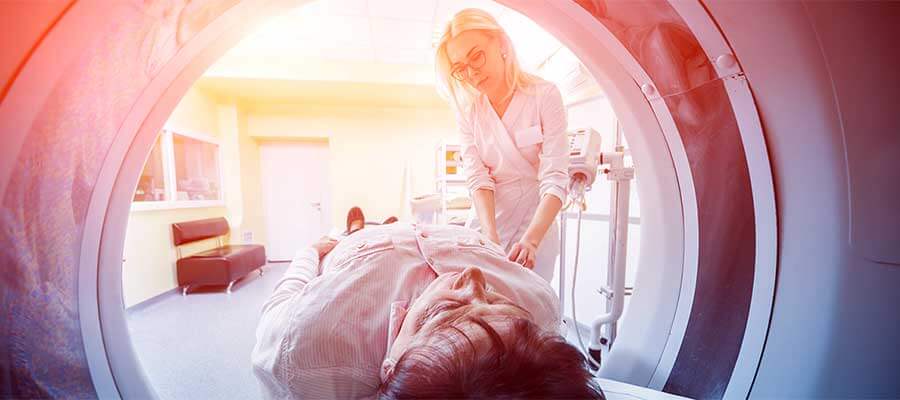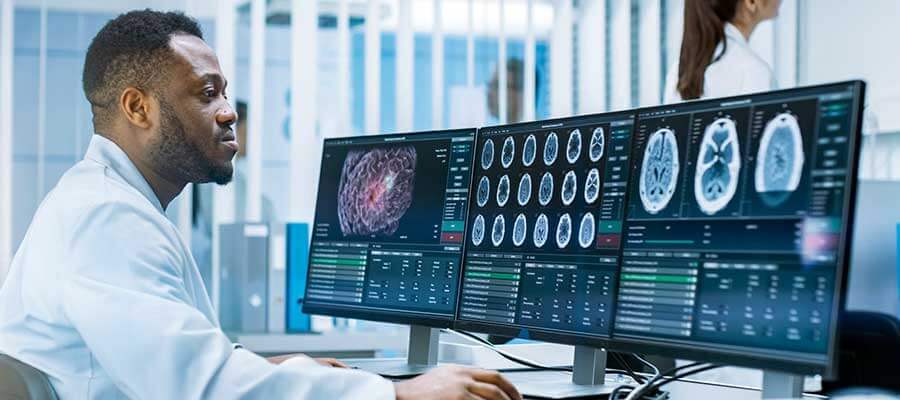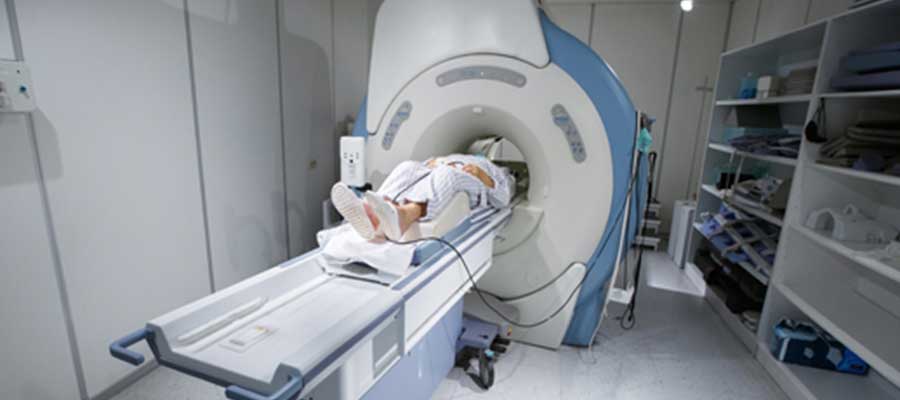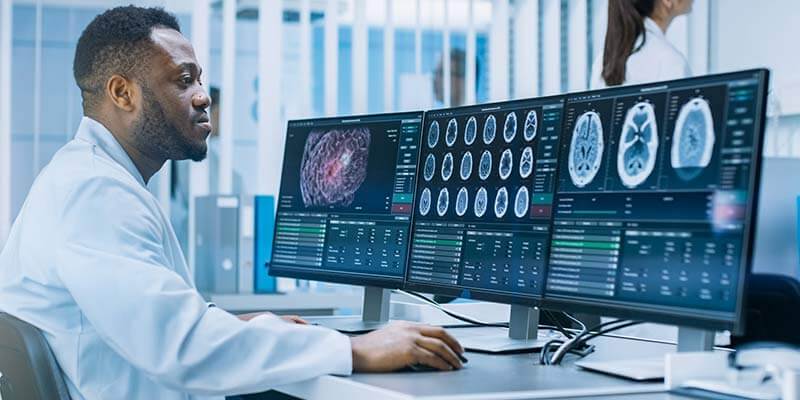MRI Tech Associates Degree Nearby
When looking for an MRI Tech School Nearby offering MRI associate’s degree you may want to take Pulse Radiology Instituted into consideration. Since 2020 the demand for qualified MRI Techs has taken many HR professional by surprise. The reality is that few saw COVID on the horizon. But despite that the need for demand for certified MRI & CT Techs was already outpacing the number of graduates entering the healthcare industry. One may be incline to believe that a degree from Massachusetts Institute of Technology (MIT) may be te path to follow as in the case of with companies in Silicon Valley. Not when it comes to MRI or CT Techs. As of late employers are seeking for individuals that are ready to fill a position with little or no training. That is why there is such high demand for our graduates.
As a national MRI Tech School providing online MRI, CT, and Mammography Structured Education, we can help you advance your career in the field of radiology from a radiologic technologist to an advanced certified technologist in 14 weeks. Also, know that at Pulse Radiology Instituted we provide ARRT-approved MRI, CT, and Mammography courses with clinical training in 30+ states nationwide and ASRT for 25+ Category A CE Credits. There has never been a better time to get your associates degree in radiology and get going in a high paying career with an average salary of $70k/year with Pulse Education an MRI Tech School Nearby. Since opening our doors Pulse Radiology has been the top choice traning partner for Professional in the Healthcare field in search of MRI technician certificate program. We have now expanded those capabilities by offering associates Nearby.
Blog Article Realted to MRI Associate’s Degree Nearby
Why Should You Consider Getting an MRI Associates Nearby?
COVID underscored something many hospital HR personel already knew. There is a shortage of ARRT accredited MRI Technicians in the work force. There has been no better time to focused on a high paying, rewarding career in the healthcare industry as a MRI technologist. And if you’re searching for an MRI Tech School Nearby offering associate’s degree in radiology? We have something for you! Since launching Pulse Radiology has been the prefer for for those in the healthcare industry seeking info ARRT MRI certification Nearby. In 2023 we’re offering associate’s degree in MRI Nearby considering a career as an MRI technologist.
MRI Techs are very popular: MRI technology has become more commonplace, which means there are lots of interest in people who realize how to take advantage of this technology. One can find many job openings for MRI techs, and in many areas, there are not enough skilled men and women to fill those spots. In the event that you find yourself signing up for these courses, you will find a lot of fantastic job opportunities. The very best career fields are the types which can be seeing lots of growth. This industry is growing rapidly, and it shows no signs of reducing.







